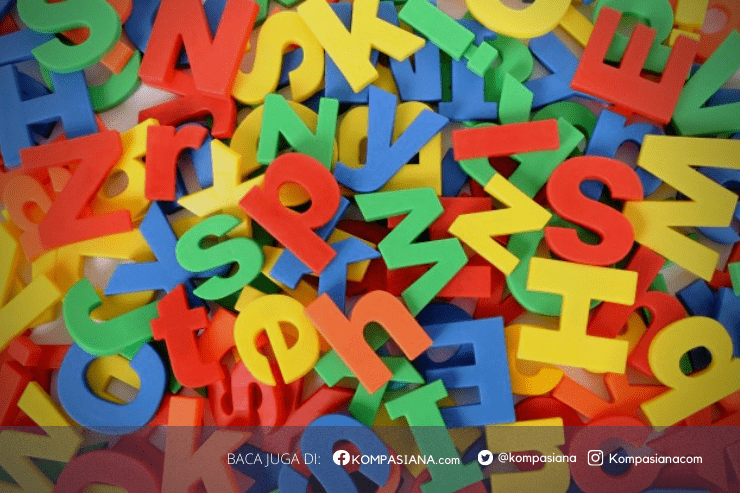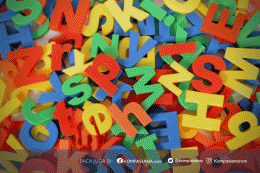Kesimpulan
Mengadopsi strategi seperti menciptakan gambaran mental, menjawab pertanyaan, dan merangkum teks dapat meningkatkan pemahaman membaca secara signifikan. Manfaatnya tidak hanya dirasakan di dunia akademis, tetapi juga dalam kehidupan sehari-hari. Dengan pemahaman yang lebih baik, Anda bisa meraih nilai yang lebih baik dan merangsang pikiran Anda, membuka pintu untuk berbagai kesempatan dalam hidup. Jadi, mari kita gali lebih dalam dunia membaca dan manfaat luar biasa yang ditawarkannya.
Unlocking the Benefits of Reading Comprehension: Strategies for Academic and Professional Success
Do you know that Reading comprehension is a critical skill that benefits our lives? By enhancing the ability to understand and interpret text, individuals can improve writing skills, achieve better grades, and perform more effectively at work. This foundational skill not only supports learning across all subjects but also empowers adults to communicate clearly and excel in their professional roles.
So what is reading comprehension?
Reading comprehension is the ability to read, process, and engage with text in a meaningful way. It requires critical thinking and reasoning to understand the overall message of a piece of writing. These skills are crucial for students, professionals, and anyone who reads for learning or enjoyment. Beyond recognizing words, reading comprehension includes understanding grammar, vocabulary, and context to grasp the text's meaning. It involves forming mental images, making inferences, and drawing connections to prior knowledge. Good readers can answer questions, summarize content, form opinions, and analyze the text without needing to revisit it.
What are the reading comprehension strategies?
Reading comprehension strategies allow readers to better understand passages and notice subtle details that might otherwise go unnoticed. While immersed in a book, readers often engage their senses, forming vivid mental images of smells, textures, tastes, and sounds, like whispers or soft touches, to bring the scene or setting to life. Summarizing is another effective strategy, encouraging readers to pause, reflect, and articulate their understanding of the text. Upon finishing a book, they can identify its central theme, key concepts, and supporting evidence. These summaries capture the essence of the material without simply restating the original content by highlighting important keywords, the main purpose, genre, and structure.
Inferential comprehension takes this further by encouraging readers to relate the text to their past experiences, other works, and real-world events. By connecting new information to what they already know, readers deepen their understanding and improve retention. This process activates prior knowledge and ties the text to broader cultural contexts, similar works, and personal experiences, making the reading more meaningful and relatable. Reflecting on how new insights build upon existing knowledge is crucial to fully grasp the material.
Proficient readers also use prediction as a key tool, anticipating events, character actions, or even specific words based on textual clues and their own experiences. Sometimes, they can even infer the plot from just the cover and title. As they continue reading and gathering more information, these predictions evolve. By the end, readers compare their early guesses with the actual outcome, offering an opportunity to reflect on their comprehension and assess the accuracy of their predictions.
Another powerful strategy for improving comprehension is self-quizzing or answering questions from others. Questions help clarify the text's meaning, check for literal understanding by focusing on key details, and reveal any gaps in knowledge. Deeper questions---such as who, what, why, when, and which---allow readers to evaluate the context and form judgments about the material. These questions can come from the text itself, self-reflection, peers, or a teacher, all contributing to a deeper understanding.
When a section of text is confusing, rereading it carefully can be essential to gaining clarity and improving comprehension. This process ensures that readers fully engage with the material and helps them solidify their understanding of the text as a whole.






